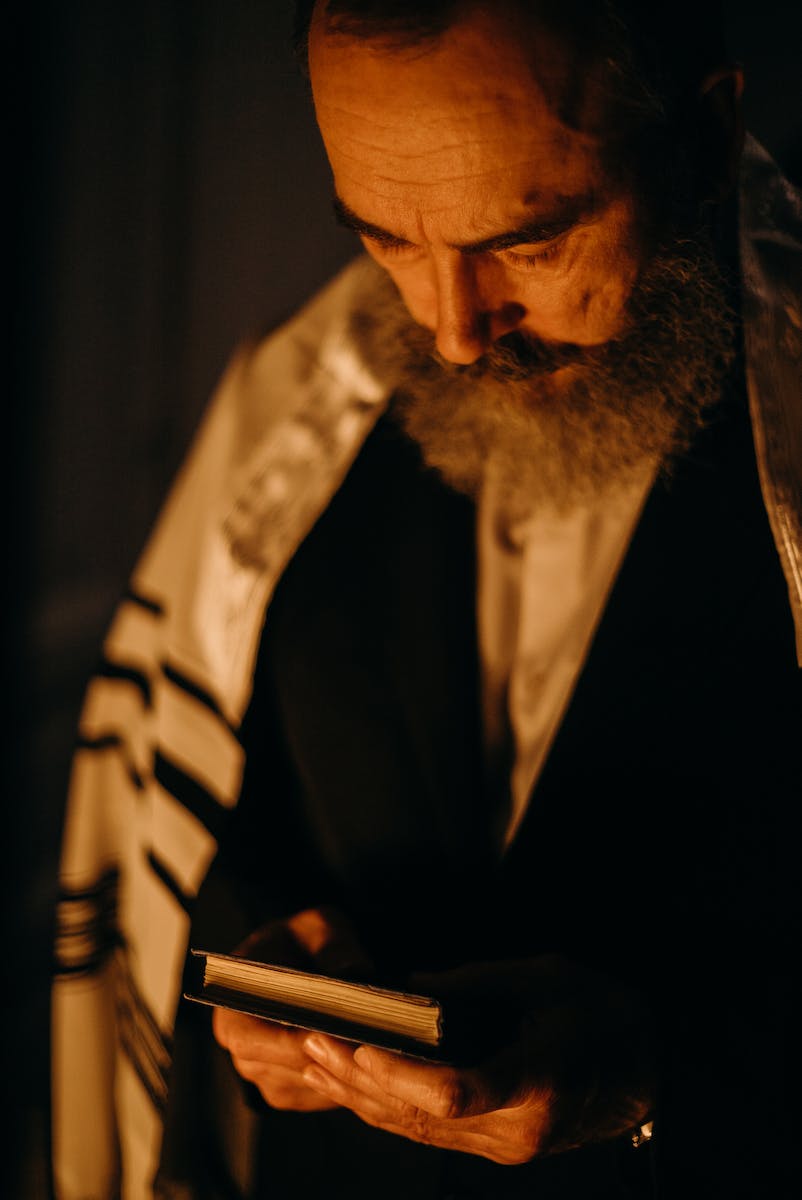Ezekiel 29: Pharaoh’s Crocodile Tears and the Steadfast Hand of God
Ezekiel 29 plunges us into the turbulent political landscape of the ancient Near East, casting a harsh spotlight on the arrogance and eventual downfall of Pharaoh, the proud ruler of Egypt. Through vivid imagery and scathing pronouncements, the prophet unveils God’s judgment upon this powerful empire, painting a picture of its impending destruction and ultimately pointing towards the enduring stability and sovereignty of God.
Pharaoh’s Delusions of Grandeur:
Ezekiel portrays Pharaoh as a mighty crocodile lurking in the Nile, boasting of his dominion over the river and the surrounding lands. He declares, “The Nile is mine, my own achievement” (Ezekiel 29:3), attributing his prosperity and power solely to his own cunning and might. This echoes the temptations Jesus faced in the wilderness, where Satan offered him earthly power and glory if he would worship him (Matthew 4:8-9). Pharaoh’s self-exaltation blinds him to his true dependence on God, the ultimate source of all life and blessing.
The Hook in Pharaoh’s Jaw:
But God’s patience with Pharaoh’s pride wears thin. He declares, “I will put hooks in your jaws…and I will drag you up out of the river” (Ezekiel 29:4). This powerful imagery portrays God’s judgment as a fisherman skillfully capturing a boastful crocodile. Pharaoh’s illusion of control is shattered, revealing his vulnerability and ultimate dependence on the divine will.
Jesus, the True Shepherd:
This theme of dependence resonates with Jesus’ message of humility and surrender to God’s will. He teaches against self-reliance and encourages his followers to trust in the guidance of the divine Shepherd (John 10:11-14). Pharaoh’s downfall serves as a cautionary tale for those who place their confidence in earthly power and glory, while simultaneously highlighting the importance of seeking God’s wisdom and guidance.
#Ezekiel29, #Pharaoh, #Egypt, #DivineJudgment, #Pride, #Humility, #DivineSovereignty, #GodsGuidance, #EarthlyPower, #TrustInGod, #JesusTeachings, #DependenceOnGod, #Restoration, #Israel, #LivingWater, #GodsKingdom, #Stability, #SurrenderToGod, #HumanPride
Beyond Egypt’s Borders:
While the prophecy focuses on Egypt, its consequences have broader implications. God declares, “On that day I will cause a horn to bud for the house of Israel, and I will open your mouth among them” (Ezekiel 29:21). This promise of Israel’s restoration signifies that God’s judgment and redemptive purposes extend beyond specific nations or individuals. Jesus’ message similarly transcends geographical boundaries, offering hope and restoration to all who turn to him in faith and repentance.
A Tale of Two Rivers:
Ezekiel further contrasts the Nile, symbol of Pharaoh’s self-proclaimed power, with the Euphrates River, which flows through the heart of Israel. This comparison suggests that true prosperity and security come not from earthly sources but from relying on God, the source of living water for all nations. Jesus echoes this sentiment in his teachings, promising living water to those who thirst for him (John 7:37-38).
The Enduring King:
Ultimately, Ezekiel 29 offers a powerful reminder of God’s steadfast sovereignty. Even the mightiest empires, like Egypt and its boastful Pharaoh, ultimately crumble before the hand of the divine. In contrast, God’s kingdom stands eternal, offering a foundation of stability and hope amidst the ever-shifting sands of human history. Jesus embodies this enduring kingship, promising a heavenly kingdom that can never be shaken (Hebrews 12:28).
A Choice for All:
Ezekiel 29 challenges us to confront our own tendencies towards pride and self-sufficiency. Pharaoh’s downfall serves as a mirror, reflecting the dangers of attributing our achievements solely to our own efforts. Instead, the prophet calls us to humility and faith, recognizing our dependence on God and seeking his guidance in all things. Ultimately, we are invited to choose: will we cling to the fleeting glory of this world, like Pharaoh, or will we surrender to the wisdom and enduring reign of the one true King?


